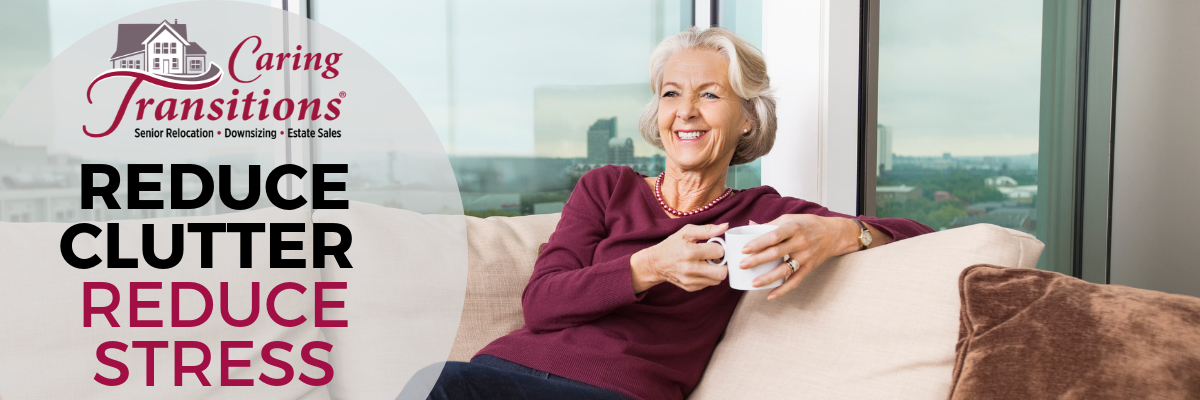
Social Distancing as a result of the COVID-19 pandemic, has a lot of people stressed out. Normally, when we think of stress, we usually assume it’s caused by specific events, tasks or scenarios. In this time of new normal, it’s time to expand the way you think of stress to include the effects clutter in your environment can have on your mental AND physical health.
Experts have found that clutter is more than just physical. It’s often mental, emotional, and can even spill over into your digital space. A Princeton University Neuroscience Institute study revealed: “individuals surrounded by physical clutter in a disorganized environment are less productive and more distracted than otherwise.”
We have a few suggestions for how to make your space, and ultimately your life less stressful.
- Clean Out the Car – Is your car full of miscellaneous items? It can be a surprising point of stress. Experts at HuffPost suggest removing “anything that doesn’t need to live in the car, throw away any garbage, give it a good vacuum and wipe away any dirt or dust.” Your commute is likely already stressful, reducing clutter in your car could be just the dose of “zen” you need.
- Clear or Clean the Bedroom – In a recent psychological study, women who described their space as clear or clutter-free saw their room as restorative and restful. Between two-thirds and three-fourths of respondents said a cool clean room with fresh air was important for a good night’s sleep.
- Keep the Dining Table Clear – Don’t allow your dining table to be the landing space for items like keys or mail. Psychologist Sherry Benton says tasks like eating breakfast “can feel complicated by the mess we are contending with.” Create designated spaces for mail and keys to keep the table clear of items that don’t belong in your dining room.
- Keep the Kitchen Counters Clear – Studies have proven, people in clutter-free spaces chose healthier snacks than those in a cluttered environment. Dr. Eva Selhub describes clutter as “stressful” making the brain more “likely to resort to coping mechanisms such as choosing comfort foods or overeating than if you spend time in neater surroundings.”
- Clear Bathroom Counters and Vanities – The bathroom is a crucial part of our daily routine day and night. An organized bathroom can help these routines work fluidly. Declutter your health and beauty products to keep the items you use consistently. Use small baskets or bins to give shelves or space under the sink an organized look.
- Declutter Your Play/Workspace – Whether it’s a man cave theater, an office, garage, or studio, clutter can inhibit your ability to work worry-free. Princeton University Neuroscience Institute, found “multiple stimuli present in the visual field at the same time compete for neural representation” while “a clean work environment will help you be more productive, less moody, and better able to process information.”
- Clear the Coffee Table – Making sure the coffee table is clear goes a long way towards giving a room a clean pulled together look, gives a boost of confidence, and improves hospitality. Clean common areas make it easier to entertain guests and find items like remotes and keys where the “time you spend looking for missing items can also take away from time you could be spending together.” Ultimately, “clutter can create tension and conflict,” and decluttering can prevent or reduce it.
Understanding the effects clutter has on stress and anxiety is the first step to clearing what causes you stress. Expert Mayo Oshin writes, “[o]ne of the most overlooked, yet crucial contributing factors that drive our habits and behavior is our physical environment.” According to Oshin, this can include colors sounds and other items “that surround us on a daily basis. Your environment is one of the most powerful invisible forces that shape your life.”
If you reduce your clutter, it’s likely your stress will be reduced as well. Our environment plays an important role in the way we formulate our outlook for each day.
Source: